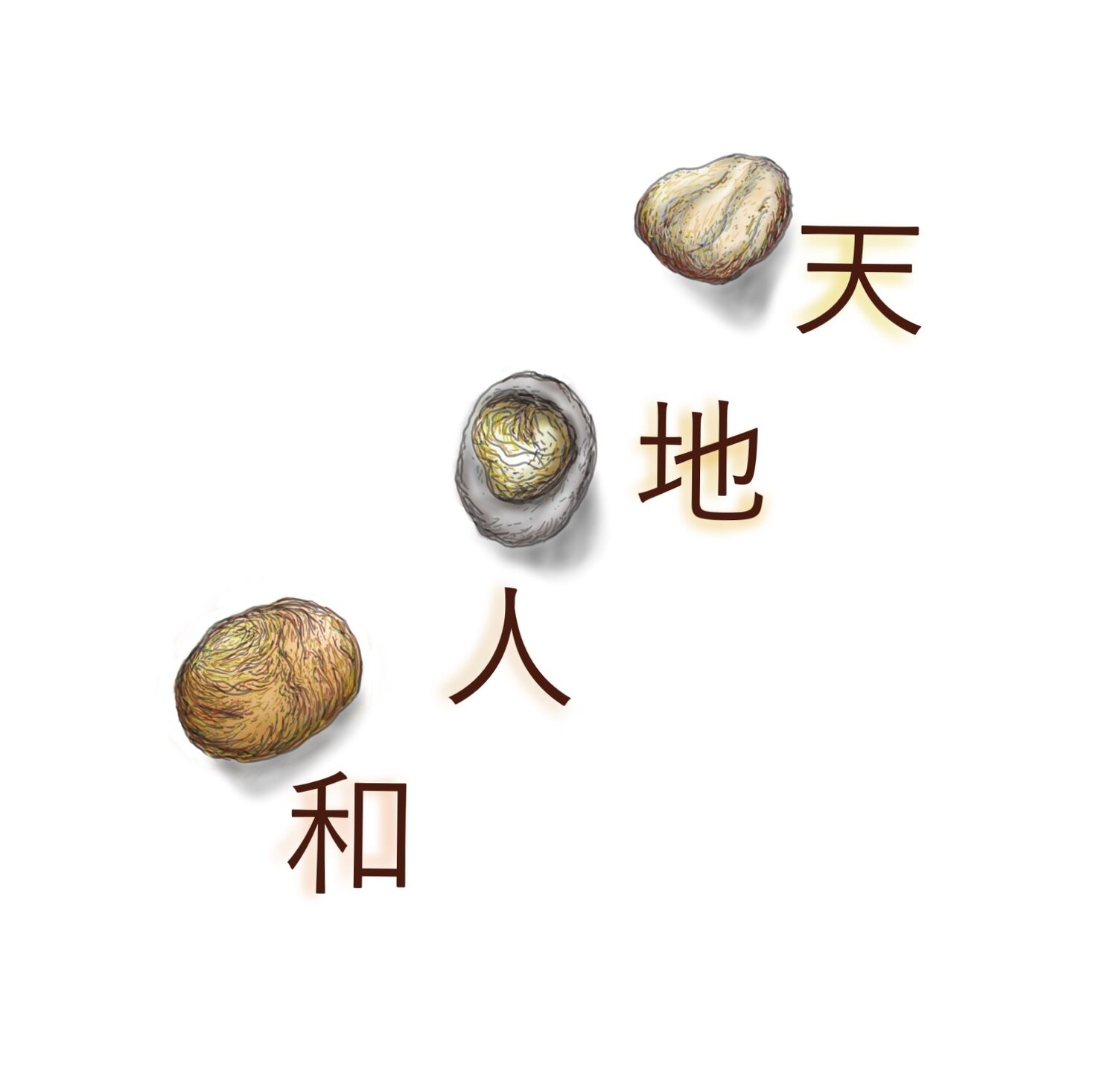Herbal Medicine FAQs
What is herbal medicine?
East Asian or Chinese herbal medicine could also be called botanical medicine or phytomedicine because of the use of the plant’s seeds, berries, leaves, blossoms, bark, and even roots for medicinal purposes. Whole herbs contain many ingredients, and this can produce a strong beneficial effect.
The use of Chinese herbs as medicine is part of a larger healing system called Traditional Chinese Medicine (TCM). TCM also includes acupuncture, massage, and nutritional or dietary advice along with exercise and meditation practices.
The basic principles of TCM are quite different from traditional Western ideas about health, illnesses, and even how the body works. Chinese herbs are suggested to bring the body’s energy or Qi (pronounced ‘chee’) back into balance.
Qi runs through the body in channels that are now believed to be formed in the soft tissues known as fascia. Studies have shown Chinese herbal medicines are successful in treating a large range of disorders from gynecological to digestive and gastrointestinal.
What about herbal quality?
Herb quality is extremely important. Many factors determine how effective an herb will be. For example, the type of environment (climate, bugs, and soil quality) in which a plant grew will affect it, as will how and when it was harvested and processed. The herbs that we use at the office have been meticulously reviewed for safety and purity.
Does insurance cover herbal medicine?
Unfortunately, insurance does not cover herbal medicine. That being said, we try to keep your out-of-pocket expenses down and will work with you to make sure that you can get the herbs you need.
